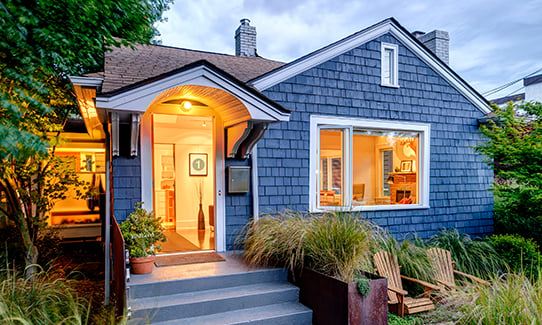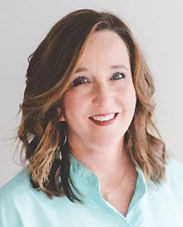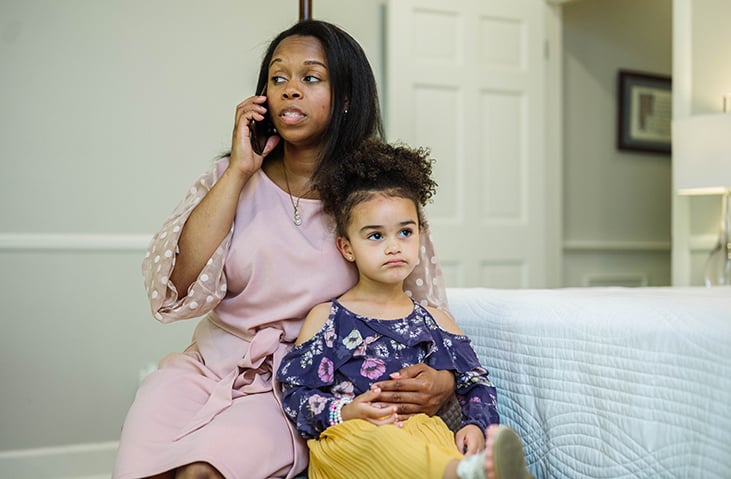

Jun 16 2025
Home Sweet (Smart) Home


Summary
Innovative technology can help older adults live at home longer and provide a sense of security for them and their caregivers.
You don’t have to leave your home as you get older. Innovative technology can make staying at home easier, safe and more enjoyable.
Internet-connected smart devices can be controlled from anywhere. Some of these devices learn your habits and adjust to you, or they can provide information to someone who helps you. If you have difficulty with your vision, hearing or general physical limitations, these devices can improve your quality of life by helping you continue doing things that are meaningful to you.
According to AARP, about a third of Americans 50 and older have a smart speaker/voice assistant; 90% own a smartphone and 75% a smart TV. The effectiveness of these technologies requires Wi-Fi and access to a smart phone or tablet.
Using technology can provide a sense of security for the older adult and their caregivers.
Here are few types of products that I may recommend, depending on the needs or goals of the patient or their caregivers:
Smart Speakers or Voice Assistants
With voice commands, you can play music, get the weather forecast, have questions answered and more. This device can become the command center for your home, providing voice control for other items.
These devices can function as a kitchen timer and a grocery list builder and can also be used to make phone calls handsfree. The assistant can place online orders for delivery of needed items. It can read books from Audible, as well as control a Smart TV.
Smart Thermostats
Smart thermostats come in a variety of brands and can learn your preferences. When it senses no one is home, a smart thermostat can activate a lower heating or cooling setting. These thermostats can control remotely through an app. Voice control is also available through voice assistants.
Smart Lights
You can control lamps and overhead lights with an app. They can use sensors to turn on when they detect movement, providing security outside your home or safety inside, like when someone gets up at night. A routine can be set up to automatically turn lights off and on. Voice control options are available through voice assistants.
Activity Sensors & Fall Detectors
Caregivers can keep an eye on an older adult’s daily activities, like getting out of bed, moving between rooms or leaving a door open. They can track these activities and send alerts to family or caregivers if, for example, someone sits in a chair for too long.
Other systems can detect changes in temperature, water leaks, smoke or carbon dioxide. Many of these products work with a combination of wall-mounted sensors and wearable devices, such as a wristband or pendant. They can detect a fall and call for help. A caregiver can also receive an alert.
Smart Appliances
A smart microwave can be activated using a voice assistant or remotely using an app.
Medication Dispensers & Diabetes Monitoring
Some pill organizers can be programmed to dispense the right amount of medicine and provide an alert when it is time to take a dose. Many can be managed through phone apps, so a caregiver can check to see when medication has been taken.
Smart apps can also assist with reading blood sugar and alert caregivers if needed.


Cheri Harbour, MS, OTR/L, SCLV
Cheri Harbour, MS, OTR/L, SCLV, is an occupational therapist who provides Low Vision Rehabilitation at the North Mississippi Medical Center Retina Center in Tupelo. Cheri holds a master’s degree in occupational therapy and a graduate certificate in low vision from the University of Alabama in Birmingham. In 2014, she received her specialty certification in low vision rehabilitation from the American Association of Occupational Therapy—making her one of only two occupational therapists in Mississippi with this certification. Cheri sees patients by referral from their eye care or health care provider.
Call 1-800-THE DESK (1-800-843-3375) to make an appointment with an ophthalmologist. Referral is required for most appointments with the NMMC Retina Center and for Low Vision Therapy. For more information, call (662) 377-3340 during office hours.

Subscribe to Our Newsletter
Like this content and want to get more? Sign up for True North, the health and wellness newsletter from North Mississippi Health Services!

Subscribe to Our Newsletter
Like this content and want to get more? Sign up for True North, the health and wellness newsletter from North Mississippi Health Services!

Nurse Link®
Not sure if you need Urgent Care or the ER? Call 1-800-882-6274 anytime to speak directly to a registered nurse and get immediate answers. Using computerized medical protocols, nurses direct callers to the most appropriate treatment. Our nurses are available 24 hours per day, seven days per week.